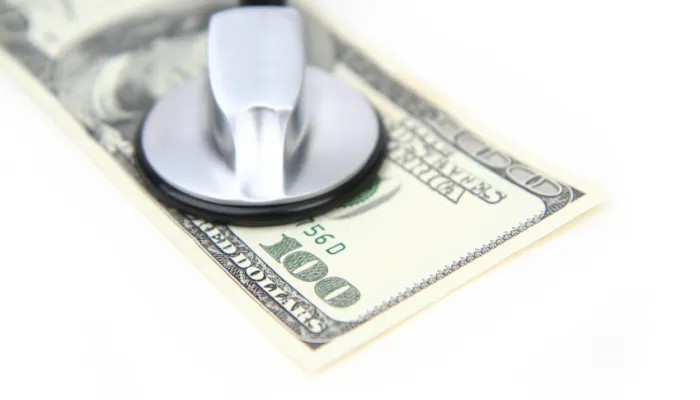Four Fiscal FactChecks from the Past Month
As the 2016 Presidential primary season rolls on, CRFB continues to fact check the candidates on budget-related statements made during the campaign on our Fiscal FactCheck site. Within the past month, we have fact checked four statements, all related to federal spending. Below is a summary of each of them.
Reducing Fraud Would Make Social Security Solvent
At the February 13 Republican presidential debate in South Carolina, Donald Trump stated that he would make Social Security solvent by reducing waste, fraud, and abuse in the program, citing thousands of 106-year-olds on the program who likely do not exist. We noted that only a tiny fraction of Social Security beneficiaries were found to be deceased and only 13 Social Security beneficiaries were over age 112. Even eliminating all improper payments would save just a small fraction of what would be needed to ensure solvency. Thus, we found that Mr. Trump's statement was false.

Our Rating: False
Sen. Sanders Would Increase the Government by 40%
During the February 11 Democratic presidential debate in Milwaukee, former Secretary of State Hillary Clinton claimed that Sen. Bernie Sanders's (I-VT) plans would increase the size of government by 40 percent (she made a similar claim at the March 7 Fox News town hall). We found that Sen. Sanders's plans would increase federal spending by about that much, or by closer to 60 percent when using the Kenneth Thorpe estimate of his single-payer plan rather than the campaign's estimate. We also found that Sen. Sanders would increase federal revenue by about 40 percent. Thus, Sec. Clinton's statement was largely true.

Our Rating: Largely True
Social Security, Medicare, Medicaid, and Interest Will Take up 83% of Spending in Five Years
At the February 25 debate in Houston, Sen. Marco Rubio (R-FL) claimed that Social Security, Medicare, Medicaid, and interest would take up 83 percent of federal spending within five years. We found this to be an overstatement, as those four items would only constitute 61 percent by 2022; even all mandatory spending and interest would only take up 75 percent. We did find that his statement would be correct if he was referring to the share of spending growth those items would take up in five years or the share of revenue those items would constitute in ten years. But the statement he made during the debate was largely false.

Our Rating: Largely False
Negotiating Medicare Drug Prices Could Save $300 Billion Per Year
Donald Trump has claimed that allowing Medicare to negotiate drug prices would save $300 billion per year. We found this statement highly implausible since the Medicare prescription drug benefit (Part D) is only expected to cost $111 billion per yer over the next ten years, and nationwide public and private prescription drug spending is only projected to be $364 billion in 2017. In addition, we noted that simply giving Medicare the authority to negotiate has been estimated to save very little money unless accompanied with additional authority to discontinue coverage of certain drugs or to require lower prices. Thus, we found this claim to be false.

Our Rating: False
*****
Be sure to check out our other Fiscal FactChecks and Policy Explainers at our Fiscal FactCheck website.

